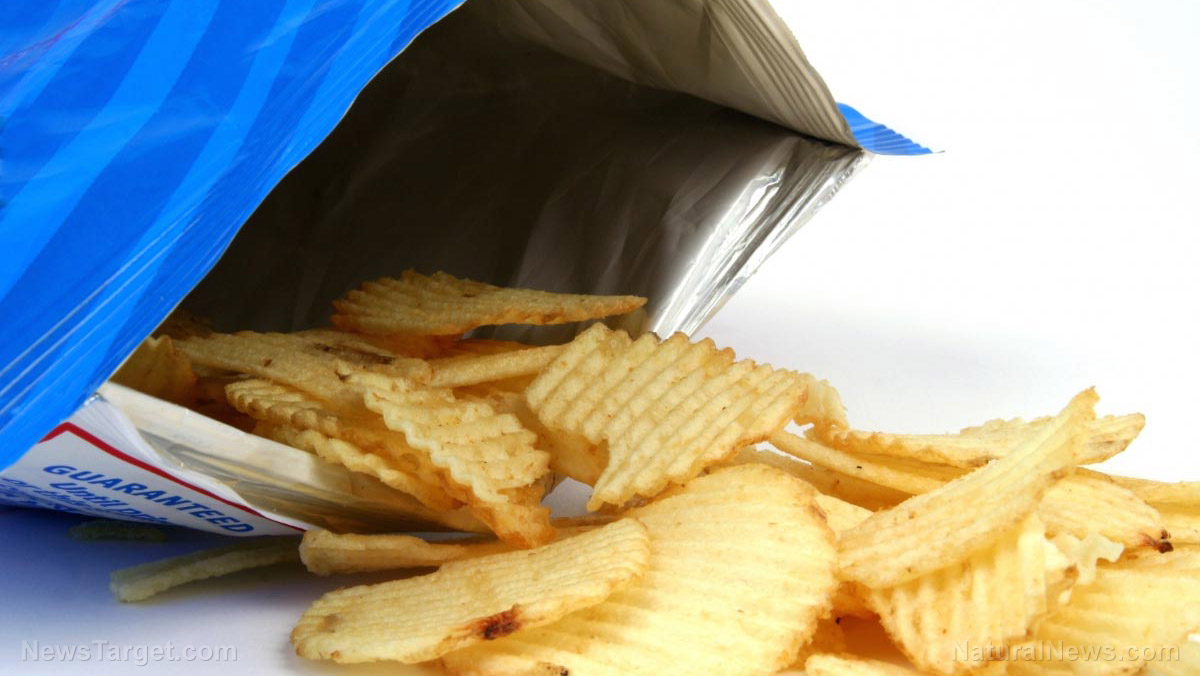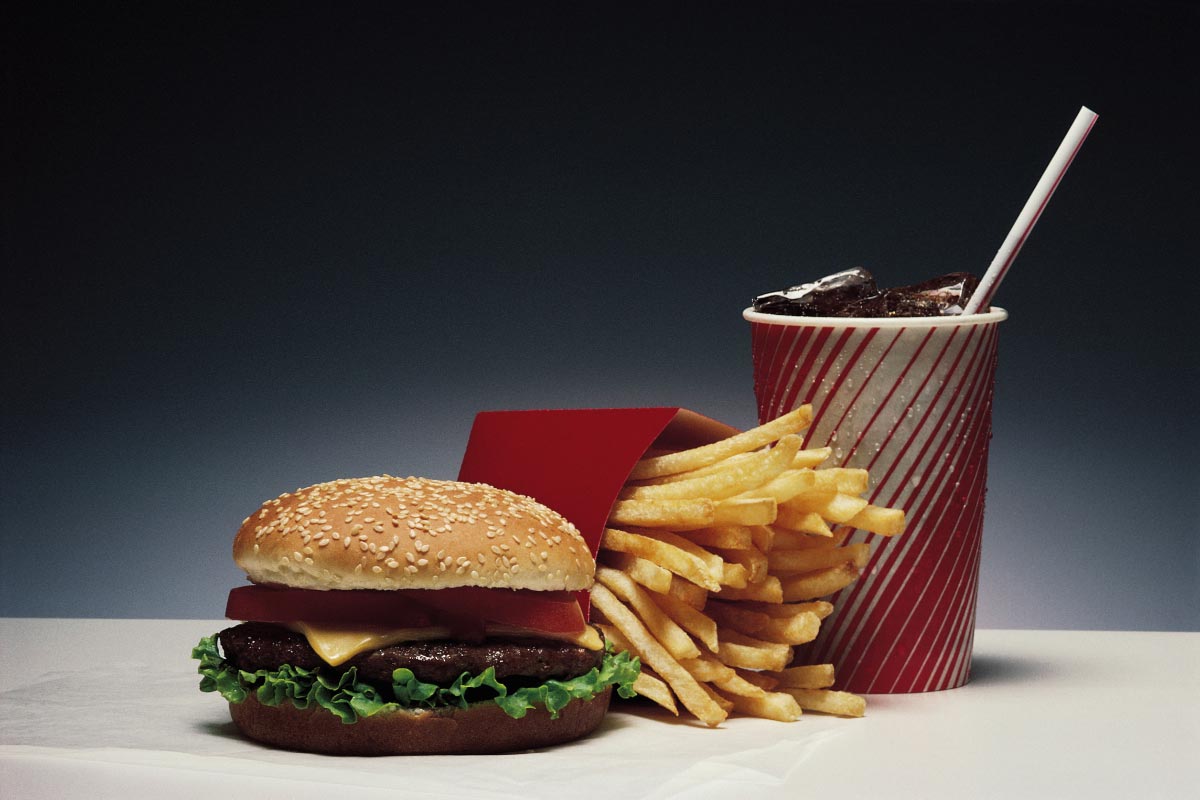New study confirms: Junk food takes YEARS off your life
05/22/2019 / By Isabelle Z.

It’s hard to keep track of all the ways that the wrong foods can compromise your health. For example, eating nitrates is linked to colorectal cancer, but how can you tell which foods contain these chemicals? Sugar is bad no matter how you look at it, but aren’t artificial sweeteners even worse? You can’t bring a stack of nutrition journals with you every time you head to the grocery store, so a recent study makes it very clear: junk food takes years off of your life, plain and simple.
In a study that you’ll want to keep in mind the next time you catch yourself trying to rationalize eating junk food, French researchers looked at nearly 45,000 healthy middle-aged people to determine the risks of consuming junk food. They measured their intake of more the 3,000 foods categorized into four groups according to how processed they were.
They found that those who ate more ultra-processed food had a higher risk of death. Specifically, they found that an increase of 10 percent in the amount of junk food a person consumes is associated with a 14 percent increase in their risk of death from a non-communicable disease within eight years. They found that this link still existed even after accounting for factors such as age, gender, smoking, physical activity levels, educational background and obesity. Their findings were published in JAMA Internal Medicine.
What makes ultra-processed foods so bad?
Ultra-processed foods like ready soups, deli meats, packaged cookies, chips and other snacks are generally high in sugar and saturated fat. Many of them also contain additives that may be legal but are quite controversial, such as sodium nitrate. The industrial processes they are subjected to are also responsible for the formation of dangerous toxins. For example, when some foods are processed, carcinogenic compounds such as acrylamide and polycyclic aromatic hydrocarbons are formed – and then you eat them.
Some snack foods also contain artificial sweeteners, which can change your gut bacteria and raise your risk of diabetes and other illnesses that cause premature mortality. On top of that, the packaging often contains hormone disruptors like bisphenol A, which can cause diabetes, obesity and cancer.
It’s not just what these foods contain that makes them so unhealthy – it’s also what they lack. For example, many of them are very low in fiber, which has been shown to reduce your risk of several illnesses. Plus, every time you reach for a bag of nutrient-devoid chips, you’re passing up the chance to eat fruit or vegetables and all the vitamins and minerals they contain.
A different study with 105,000 participants looked at how processed food affects your cancer risk in particular. After ranking people according to the proportion of ultra-processed food they consumed, they discovered that the top quarter – those whose diet was composed of 32 percent ultra processed food on average – had a 23 percent greater chance of developing cancer of any variety in the five years after the study than those who were in bottom quarter (consuming a diet of just 8 percent ultra-processed food). The researchers revealed that a 10 percent rise in the proportion of ultra-processed food in one’s diet raised their risk of all cancers by 10 percent.
It’s no secret that junk food is bad for you, but these studies show just how unhealthy it truly is. You can try to justify it as a question of convenience, but the truth is that grabbing an apple requires an equal amount of effort as grabbing a muffin. Opening up a bag of raw almonds is just as easy as opening up a bag of chips, so it’s time to stop eating poison and start making better choices that will protect your health in the long term.
Sources for this article include:
Tagged Under: cancer, chips, deli meats, disease causes, fast food, grocery, longevity, nutrients, research, stop eating poison, toxic food, toxic ingredients
RECENT NEWS & ARTICLES
StopEatingPoison.com is a fact-based public education website published by Stop Eating Poison Features, LLC.
All content copyright © 2018 by Stop Eating Poison Features, LLC.
Contact Us with Tips or Corrections
All trademarks, registered trademarks and servicemarks mentioned on this site are the property of their respective owners.


















